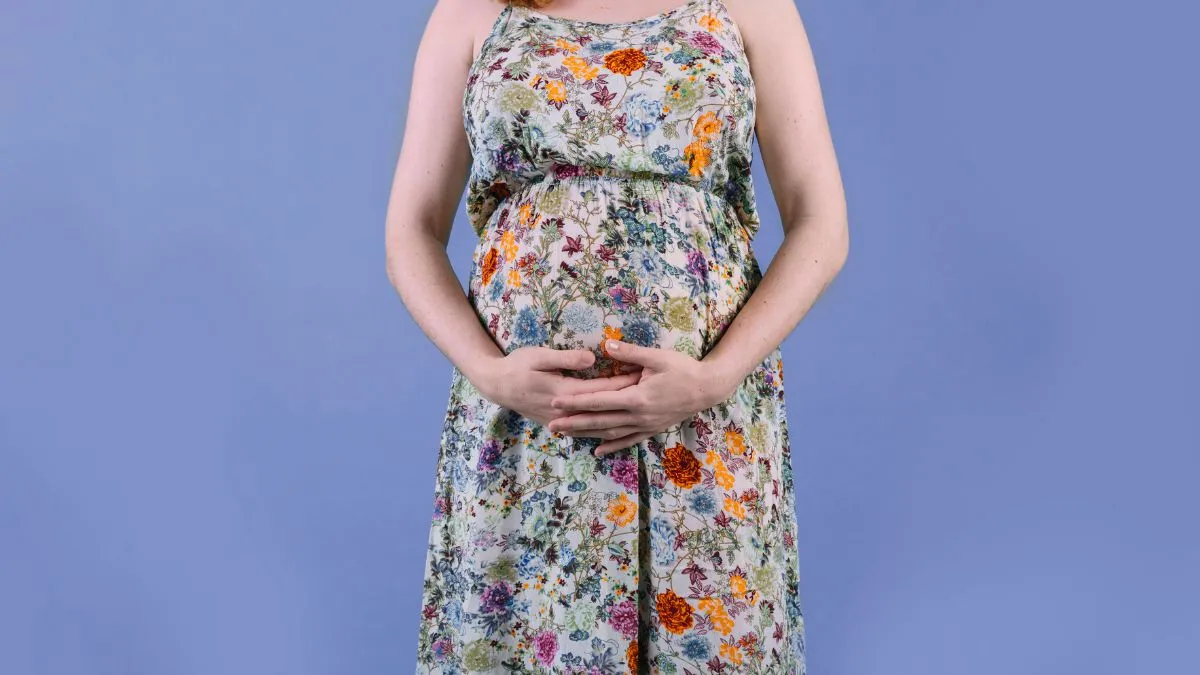
Ectopic pregnancy occurs when a fertilized egg implants outside the womb. Since it is not a normal pregnancy, it is not supposed to be continued because the baby can't develop normally outside the uterus. Along with the baby, it might be risky to the mother as well if not attended to in time. Some of the symptoms to watch out for include sudden abdominal pain, bleeding, and dizziness. In most cases, women do not get to know in time so early checks are really crucial. The awareness of ectopic pregnancy is useful in identifying it early and remaining safe, particularly for women expecting or planning to have a baby.
Table of Content:-
What is Ectopic Pregnancy?
Dr Pinky Sankhla, MBBS, MS Consultant, Ujala Cygnus Group of Hospitals answers, “An ectopic pregnancy results when a fertilized egg implants outside the uterus, and most often in the fallopian tube. Because the uterus is the only organ capable of sustaining a developing pregnancy, an ectopic pregnancy cannot proceed as usual and can put someone's health at great risk. About 2% of all pregnancies are ectopic, which is relatively rare but life-threatening.”
Ectopic Pregnancy Symptoms
Early symptoms of ectopic pregnancy often resemble a normal pregnancy and may include vaginal bleeding and abdominal or pelvic pain.
However, if the fallopian tube ruptures which is a medical emergency, symptoms intensify, causing sharp abdominal pain, dizziness, fainting, and even shoulder pain. Immediate medical attention is crucial in such cases to prevent severe complications like internal bleeding.
Also Read: French Baby Survives Rare Pregnancy Outside Uterus, Doctor Explains The Case
Causes of Ectopic Pregnancy
Ectopic pregnancies are frequently the result of factors that impede or slow the movement of the fertilized egg through the fallopian tube, such as scar tissue from previous surgeries, an infection (e.g. pelvic inflammatory disease), a physical abnormality, or the presence of a growth.
For these reasons, women with a history of ectopic pregnancy, women receiving infertility treatments, women with a diagnosis of sexually transmitted infections (STIs), and women who used an intrauterine device (IUD) at the time of conception may have an increased risk of an ectopic pregnancy.
Also Read: Woman’s 12-Week Fetus Found in Liver, Not Uterus: India’s First Intrahepatic Ectopic Pregnancy
Medical Tests to Determine an Ectopic Pregnancy
As mentioned earlier, timely detection of an ectopic pregnancy is crucial to prevent severe medical risks. Doctors run several medical tests to determine whether a pregnancy is ectopic.
- hCG Test: One of the first steps is a hCG (human chorionic gonadotropin) hormone test. In a normal pregnancy, hCG levels increase gradually but in an ectopic pregnancy, the hormone levels increase slowly.
- Transvaginal ultrasound: The second crucial test is a transvaginal ultrasound. In this, a probe is inserted inside the vagina. If an unfertilized egg is not seen within the uterus and the fallopion tube shows a mass or fluid in the fallopian tube, it can be indicative of an ectopic pregnancy.
- Pelvic Examination: The doctor may also conduct a pelvic examination to assess for pain, tenderness, or mass in the lower abdominal area.
If the diagnosis remains uncertain, your doctor may conduct a laparoscopy which is a minor surgical procedure that uses a camera to visually inspect the uterus and fallopian tubes.
Early testing and diagnosis prevent complications and provide the best care for the health of the woman.
Ectopic Pregnancy Treatment
According to Dr Sankhla, “The treatment for ectopic pregnancy varies with the progress of pregnancy.”
During the early stages, stable patients can be treated medically, provided they are closely monitored. But when the fallopian tube has ruptured or is about to rupture, surgery must be performed urgently. Such surgery is most often done laparoscopically by means of small abdominal cuts to cut out the ectopic tissue, possibly along with the involved fallopian tube, to ensure the patient's health. Early diagnosis and treatment are essential to avoid serious complications and save future fertility when feasible.
FAQs
Why does ectopic pregnancy happen?
When the fertilized egg grows outside the uterus, it is called ectopic pregnancy. This happens when the egg’s journey to the uterus is obstructed due to various reasons that may include hormonal issues, blocked or slowed movement, scarring or inflammation in the fallopian tubes, STIs, advanced maternal age, smoking and history of ectopic pregnancy.
Can ectopic pregnancy be removed naturally?
It is possible to resolve an ectopic pregnancy naturally and in some cases, it may end up in miscarriage. However, it is advised to get it done medically under the supervision of a doctor. It may be required to remove the embryo from the fallopian tube for safe removal of the ectopic pregnancy.
Also watch this video
Read Next
What Is Intrahepatic Ectopic Pregnancy? Doctor Explains India’s First Case of Liver Pregnancy
How we keep this article up to date:
We work with experts and keep a close eye on the latest in health and wellness. Whenever there is a new research or helpful information, we update our articles with accurate and useful advice.
Current Version
